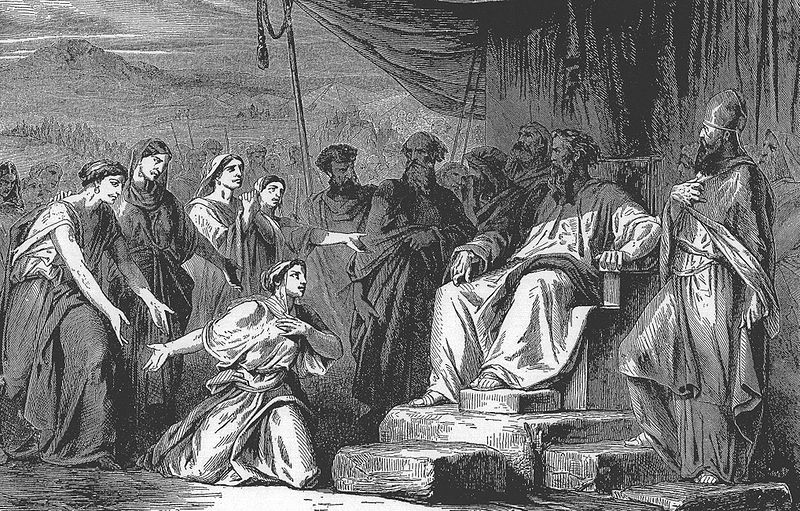
Legal System
When any legal matter is too extraordinary [פָּלָא] for you, in justice, between blood and blood, between judgment and judgment, between stroke and stroke, in matters of quarreling within your gates, you are to arise and go up to the place that the Eternal One your God chooses, you are to come to the Levitical priests and to the judge that there is in those days; you are to inquire and they are to tell you the word of judgment. You are to do according to this word that is told you, in that place that the Eternal One chooses; you are to take care to observe what they instruct you. According to the instruction that they instruct you, by the regulation that they tell you, you are to do; you are not to turn away from the word that they tell you, right or left. (Devarim 17:8-11)1
We see in Shemot 18:13-23 that the court system was institutionalized by Moshe on the advice of his father-in-law Yitro. Based upon the peshat of the Tanakh as well as logical deductions made from the Tanakh the courts are able to use the existing legal system of the Torah to adjudicate legal matters. If the lower courts are unable to adjudicate the matter then the legal issue will be taken to the upper courts.
These particular passages tell us that we are to take care of judgments between ourselves whenever possible because the Yisraelites learned the complete Torah every seven years. If the judgment is not possible then the Yisraelites are to go to the Levites for assistance. If the judgment still cannot be rendered then the judge of that era was to be consulted. Only after these steps was the central court to be approached. This in no way indicates an “Oral Law” but instead indicates a mutli-level judicial system.
Inheritance
And to the Children of Yisrael you are to speak, saying: Any man, when he dies and a son he does not have, you are to transfer his inheritance to his daughter. And if he has no daughter, you are to give his inheritance to his brothers. And if he has no brothers, you are to give his inheritance to his father’s brothers. And if no brothers has his father, you are to give his inheritance to his kin that is nearest to him from his clan, and he is to take possession of it; it shall be for the Children of Yisrael as a law of procedure, as the Eternal One commanded Moshe. (Bamidbar 27:8-11)1
The argument for the “Oral Law” is that the Yisraelites would find themselves in complicated inheritance situations and if there was no “Oral Law” there would be no guidance for these complicated situations. However, we see from this passage that the laws of inheritance are quite simple and easily understood. There appears to be no confusing, complicated inheritance situations that could not be resolved using these verses from the Torah.
———————-
1Everett Fox. The Five Books of Moses. New York: Schocken Books, 1997.
